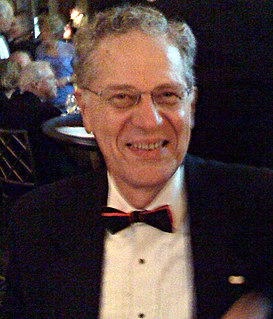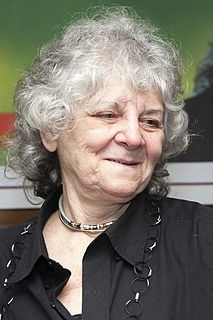A Quote by John Dewey
The routine of custom tends to deaden even scientific inquiry; it stands in the way of discovery and of the active scientific worker. For discovery and inquiry are synonymous as an occupation. Science is a pursuit, not a coming into possession of the immutable; new theories as points of view are more prized than discoveries that quantitatively increase the store on hand.
Related Quotes
So the history of discovery, particularly cosmic discovery, but discovery in general, scientific discovery, is one where at any given moment, there's a frontier. And there tends to be an urge for people, especially religious people, to assert that across that boundary, into the unknown, lies the handiwork of God. This shows up a lot.
I have long been an ardent believer in the science of Homeopathy and I feel happy that it has got now a greater hold in India than even in the land of its origin. It is not merely a collection of a few medicines but a real science with a rational philosophy at its base. We require more scientific interest and inquiry into the matter with special stress upon the Indian environment
We must not forget that when radium was discovered no one knew that it would prove useful in hospitals. The work was one of pure science. And this is a proof that scientific work must not be considered from the point of view of the direct usefulness of it. It must be done for itself, for the beauty of science, and then there is always the chance that a scientific discovery may become like the radium a benefit for humanity.
I am sure it is everyone’s experience, as it has been mine, that any discovery we make about ourselves or the meaning of life is never, like a scientific discovery, a coming upon something entirely new and unsuspected; it is rather, the coming to conscious recognition of something, which we really knew all the time but, because we were unwilling to formulate it correctly, we did not hitherto know we knew.
Even mistaken hypotheses and theories are of use in leading to discoveries. This remark is true in all the sciences. The alchemists founded chemistry by pursuing chimerical problems and theories which are false. In physical science, which is more advanced than biology, we might still cite men of science who make great discoveries by relying on false theories.









































